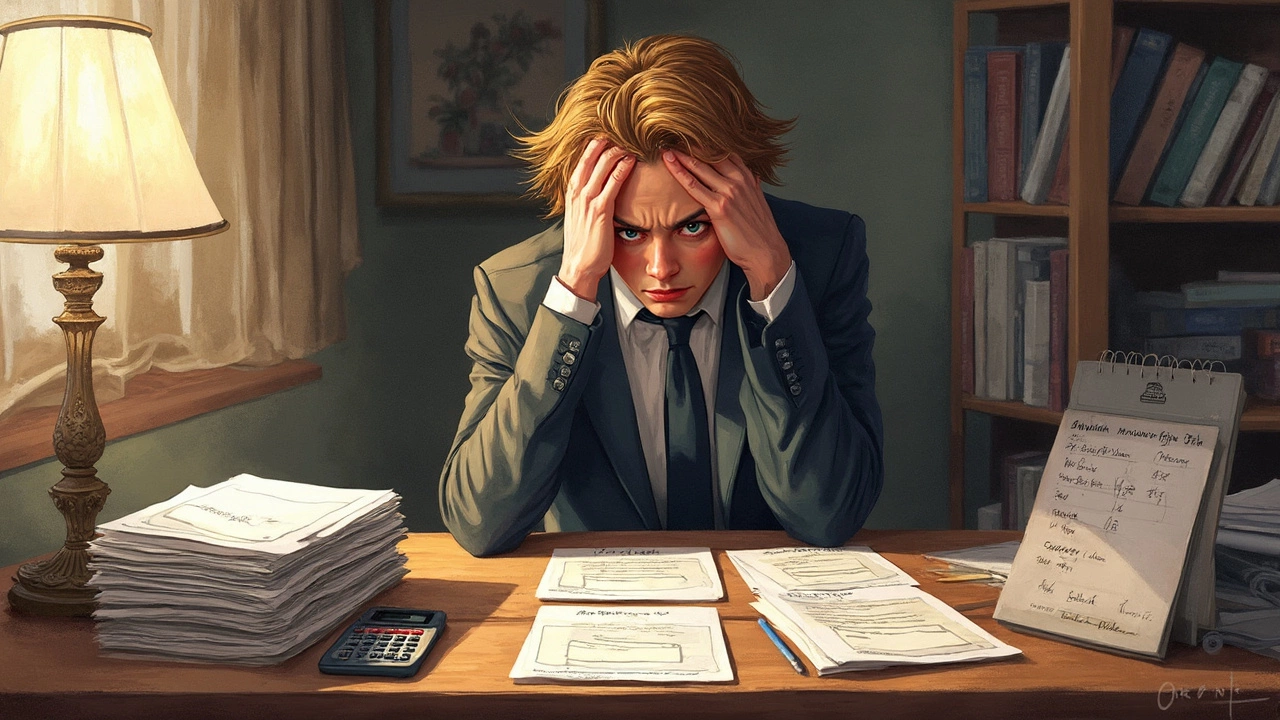Debt Consolidation Issues: What Can Go Wrong and How to Fix It
If you’re juggling several bills, debt consolidation can feel like a lifesaver. But it’s not a magic wand – the process comes with its own set of headaches. In this guide we’ll break down the biggest pitfalls, explain how they affect your credit, and give you easy steps to stay on track.
Why Your Credit Score Might Take a Hit
Many people worry that a consolidation loan will instantly ruin their credit. The truth is a bit more nuanced. When you apply for a new loan, lenders run a hard inquiry, which can shave a few points off your score. That dip is usually short‑lived, but if you miss a payment on the new loan, the damage can be severe.
Another surprise is how the loan’s balance shows up on your report. A high‑balance loan can lower your credit utilization ratio, making you look riskier to future lenders. To keep this from happening, aim for a loan amount that covers most of your debt but still leaves room to pay it down quickly.
Hidden Costs and Fees You Can’t Ignore
Consolidation sounds simple, but lenders often bundle fees into the loan amount. Origination fees, pre‑payment penalties, and even insurance add up fast. Before you sign, ask for a clear breakdown of every charge. Use a calculator to see how those fees change your total cost over the life of the loan.
Some debt‑relief companies also charge steep upfront fees. If a claim sounds too good to be true, it probably is. Stick with reputable banks, credit unions, or well‑reviewed online lenders. Reading reviews and checking the FCA register can save you from nasty surprises.
Now that we’ve covered the main issues, here’s a quick checklist to keep your consolidation on track:
- Compare at least three lenders – look at APR, fees, and repayment terms.
- Make sure the new monthly payment is lower than the total of your old bills.
- Set up automatic payments to avoid missed due dates.
- Keep old accounts open for a few months after consolidation to protect your credit history.
- Re‑evaluate your budget every three months and adjust if needed.
Following these steps helps you avoid the common traps that turn consolidation into a new problem. If you stay disciplined, you’ll see your debt shrink faster and your credit bounce back.
Got more questions? Check out our articles on “Does Debt Consolidation Hurt Your Credit?” and “How to Consolidate All Your Debt Into One Payment.” They dive deeper into specific scenarios and give you real‑world examples you can apply today.

Problems with Consolidation Loans: Unraveling Two Key Issues
Consolidation loans can seem like a lifesaver for those neck-deep in debt, but they come with their own set of challenges. This article explores two major problems with consolidation loans, including potential fees and the false sense of security they might provide. Understanding these pitfalls is crucial for anyone considering this financial strategy. Discover practical tips to navigate these issues effectively and make informed decisions.





